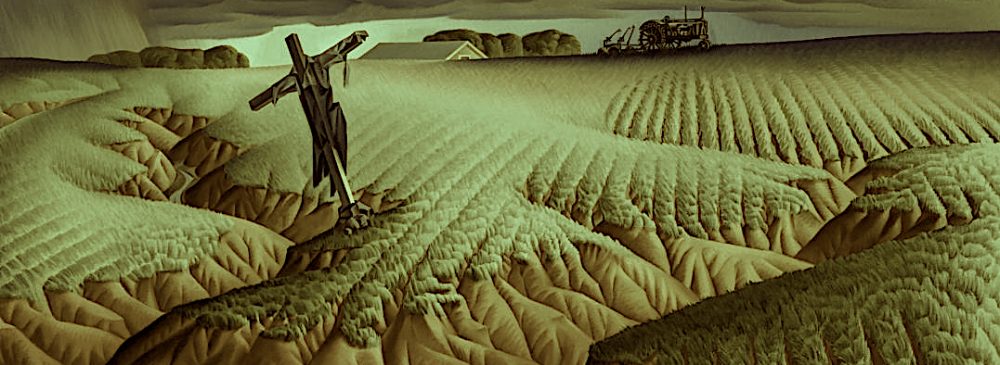Grade Components:
PROFESSIONALISM (15 points):
This grade is pretty simple. Turn in every assignment. Turn it in when it’s due. Turn it in in the format requested. Come to class. Come to class on time. Be presentable. Treat others and yourself with respect. Treat email as a professional communication tool. Don’t make excuses. Be interested in learning. Be proactive.
discussion/Participation (10 points)
Have something to say. Do the reading. Do the writing. Help people. Ask questions. Engage. Be there in mind and spirit. Focus on what others are saying. Pay attention. Have examples. Have points you wish to make. Ask for clarification. Support points (your’s and other’s) with information drawn from the text. Take notes. Bring notes. Bring the reading. Simply attending class without any further involvement in our discussions will result in only a fraction of the available discussion and participation points.
Midterm One: What is Environmental History (15 points)
A traditional in-class mid-term. The exam will cover readings/lectures, and discussion from our first several weeks. There will be a brief (very brief) in-class review on the 3rd. The exam will be a mixture of short answers, identifications, and short essay.
Research Project One: The Art of the Dust Bowl Research Paper (15 points)
A well-crafted 5 paragraph research paper analyzing the art of the Dust Bowl as commentary on environmental catastrophe. There will be plenty of suggestion and even examples on the course website. Art subjects would include film, paintings, music, literature, and photography.
Midterm Two: History of Environmental Movement (15 points)
A traditional in-class mid-term. The exam will cover readings/lectures, and discussion our History of the Environmental Movement section. There will be a brief (very brief) in-class review on the 29th. Teaching Assistants will run a longer review session on either Tuesday or Wednesday evening. The exam will be a mixture of short answers, identifications, and short essay.
Research Project Two: Environmental Racism Poster Presentation (15 points)
On this day, we will open our class to your colleagues and friends and my colleagues as you present a scholarly poster on environmental racism. This research project can be done either as an individual or a group of no more than two. While I assume most students will present a history of a particular instance of environmental history, proposals for alternative projects are welcome. Examples might be the historiography of environmental racism, the relationship between environmental racism and urbanization, or environmental racism and public policy.
Research Project Three: Environmental History in the Contemporary World Project (15 points)
The last project will be a research project on the history of some contemporary environmental issue. Students will be given great leeway in how to present their research and findings. Research papers are obviously welcome as would a digital project or a teaching unit for primary or secondary students, but so would a work of fiction, a short documentary, graphic history, or piece of music or painting. Students may work individually or in groups no larger than three. Any public presentation will need to be scheduled during class time.
